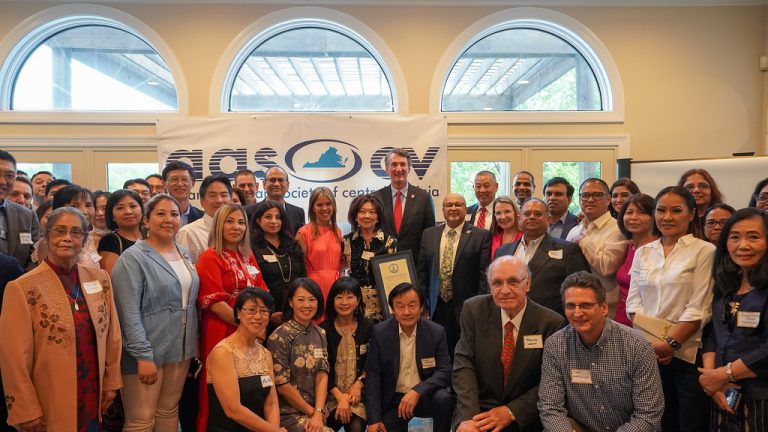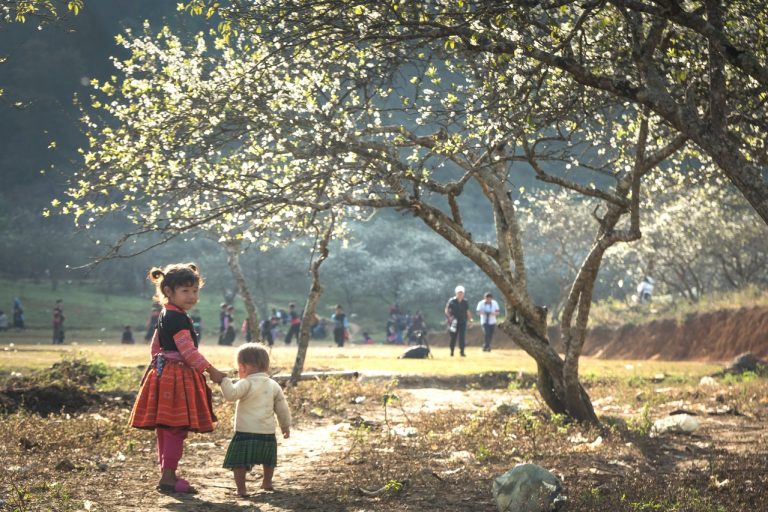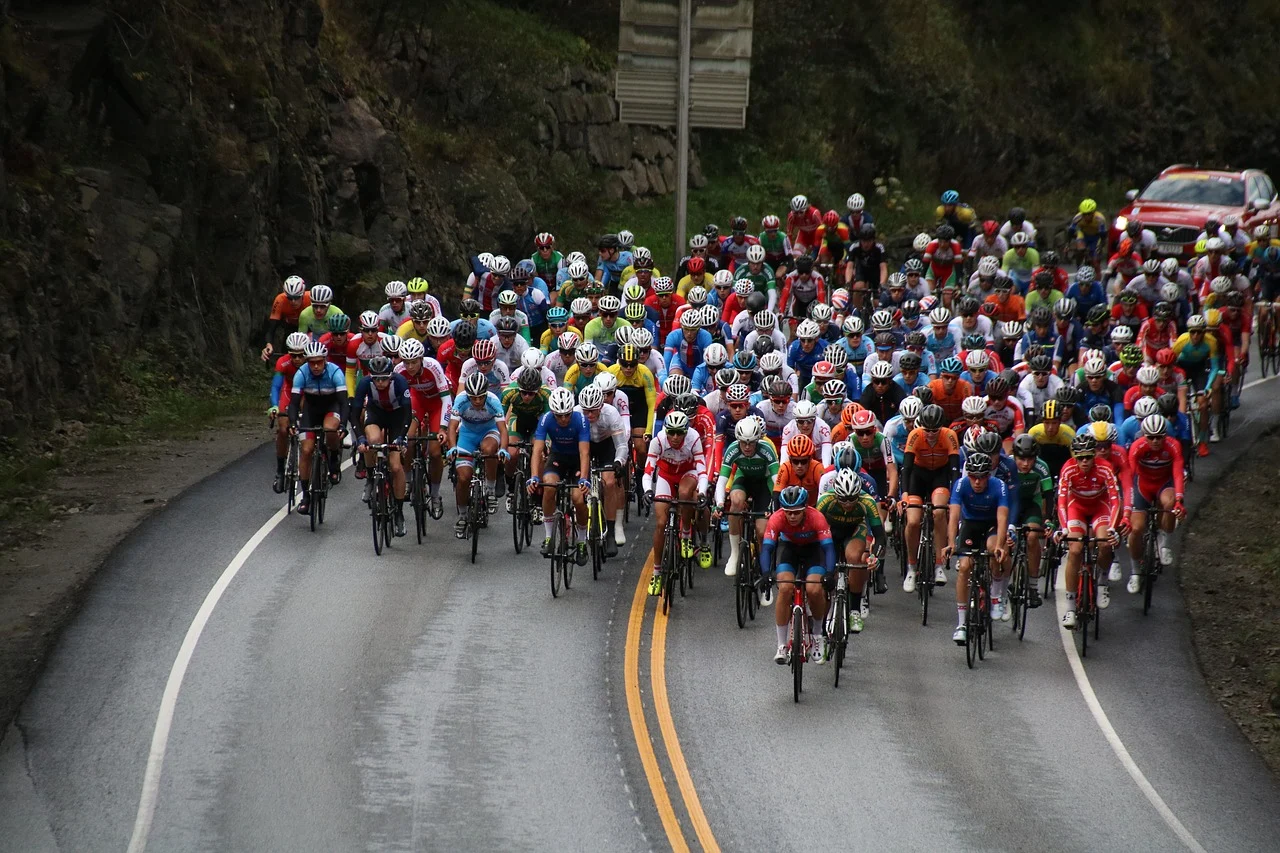Why Documenting Stories Matters: David Saechao’s Lasting Impact
David Saechao’s journey as a writer began with a realization: finding information about the history, traditions, and language of his own people was surprisingly difficult. Barring a few non-shamanic records for the common people, the lu Mien have passed on most of their culture orally. This realization, combined with his love for storytelling, inspired him to become a published Mien American author.

What has David done to document Mien culture?
Since developing his writing skills in college, David has made many valuable contributions:
The need for historical accounts of his ancestors inspired his most notable work, From Mountains to Skyscrapers: The Journey of the Iu Mien. There, he traces the migration of Mien people from the ancient mountains of China and Southeast Asia to modern-day life in Western nations like the United States, where approximately 70,000 of them currently live. “I felt the responsibility to be like a historian and document as much as I could,” he says about his writing process.
David also writes children’s books about Mien culture and identity. King Pan and the Golden Dragon and The Legend of the Dog Warrior retell the Mien origin myth and allow younger readers to see themselves represented in ways they might not find in mainstream literature. Through these relatable narratives and characters, Mien children can develop a sense of pride and belonging to their community.
Understanding that language and culture go hand in hand, David published a phrasebook and a workbook to help families pass on the language to younger generations. “Many of us want to teach Mien to our kids, but we don’t know it well enough ourselves,” he explains. With only 800,000 speakers worldwide, David warns, “If we don’t act now to preserve the Mien language, in a few generations we’ll be left wondering what happened—why we weren’t able to save it.” These two resources are not only valuable for Mien Americans but also address the global need to keep the language alive.
How is David inspiring other Mien storytellers?
David’s work doesn’t stop at his own writing. He is equally passionate about encouraging other Mien people to put pen to paper. “I want others to see my work and feel like they can tell their stories too,” David says. He believes that motivating other voices to share their personal experiences helps capture the depth and diversity of Mien culture.

His advice to aspiring Mien writers is simple: “Find something you’re curious about in Mien culture, whether it’s food or a family anecdote, and start writing about that!” That is exactly how he wrote one of his first pieces, which explores the origins of Kaoliang-Fen, a staple in Mien cuisine.
And these works aren’t just for the community to enjoy; they’re an open invitation to anyone curious about the Iu Mien. David believes readers of Mien authors will find value in learning about his people, regardless of their background.
What lasting impact does David hope to leave?
David hopes his work will help preserve Mien culture and keep their stories alive for future generations. He feels proud when younger Mien people or parents tell him that his books have helped them (re)connect with their heritage. “I feel like I will leave some kind of a mark on the Mien American community,” he reflects.
Resilience and perseverance, as David describes, are defining traits of Mien heritage. “We’ve always lived on the fringes, enduring through tough times, and that continues to inspire my work today,” he explains. His books also intend to give Mien people a lasting, documented record of this fighting spirit.
Moving forward, David is committed to finishing his children’s book trilogy and is also writing a book about the myths and legends told in Mien families. “There are so many stories that haven’t been documented yet! I want to make sure they’re captured,” he says.
Learn more about Asian American representation in the publishing industry.





